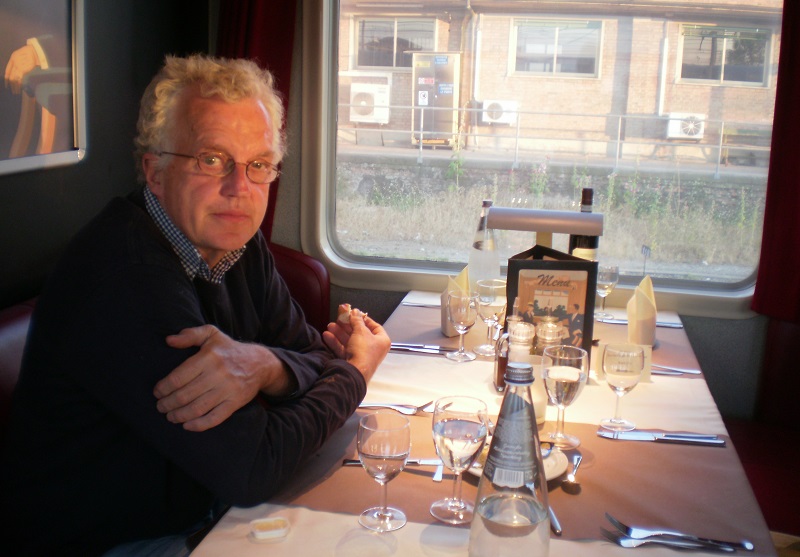Watching Bob Crow in action is an instant history lesson. His way of conducting industrial disputes has more in common with the Everybody Out style of Miriam Karlin in the 1960s sitcom The Rag Trade than with modern-day trade unionism. His latest efforts to stop London moving may, however, prove to be one strike call too many for Britain’s last diehard militant trade union leader.
Crow is an unapologetic political activist who wants the walk-out by his RMT members on London Underground today to be the start of a series of protests that will bring hundreds of thousands of people onto the streets to fight Tory cuts, with his union in the vanguard.
To Crow, it is irrelevant that he has chosen the wrong issue when next month’s spending review is bound to throw up far worthier causes than the current dispute. Behind the rhetoric about safety and job cuts, there is no justification for the action. London Underground has promised that there will be no compulsory redundancies and that safe staffing levels at stations will be maintained. The 800 jobs to go will be phased out by voluntary agreement as part of a strategy to get staff out of the ticket offices which, thanks to Oyster, have turned into quiet reading rooms for the clerks as so few tickets are being sold.
If the case is so weak, why is it that his members, the majority of whom are as likely to wish for a Socialist Republic as they would fancy a winter break in Siberia, put up with the Crow routine? The answer is that it works. Professor Ralph Darlington, in an article proudly posted on the RMT website, says: “A crucial ingredient of the RMT’s organising approach has been the explicit rejection of social partnership in favour of union militancy and strike mobilisation as the path to the defence of workers’ conditions and the reinvigoration of union organisation.” Militancy is the RMT brand just as much as the slogan “things go better” was for Coca-Cola. Professor Darlington found that in the eight years to December 2009, the RMT, a small union of just 80,000 members, balloted for strikes on no fewer than 141 occasions.
Quite often, fear of disruption has led train companies to cave in and award big pay rises. Every such victory for the RMT strengthens his hand in the next dispute. Membership of the union has, consequently, been growing fast, a fact that Crow celebrated last month with a 12 per cent pay rise, increasing his basic salary to nearly £95,000.
Crow is a clever and accomplished leader who inspires loyalty. However, this time he is skating on thin ice. And he knows it. For the most part, he has allowed his sidekick Pat Sikorski, a man who makes Crow look moderate, to front the TV coverage on the dispute because the case for the strike is so hard to justify.
London Underground is confident that some trains will run on all lines today. There are bound to be many station closures, however, as that is where the members of the RMT and TSSA – the other union, representing predominantly white collar staff – are concentrated. Crow needs major disruption, however, to prove his point. Otherwise, he will be in retreat and if he is forced to reassess his long-established tactic of striking first and negotiating second, his support within the union could be fatally undermined.
